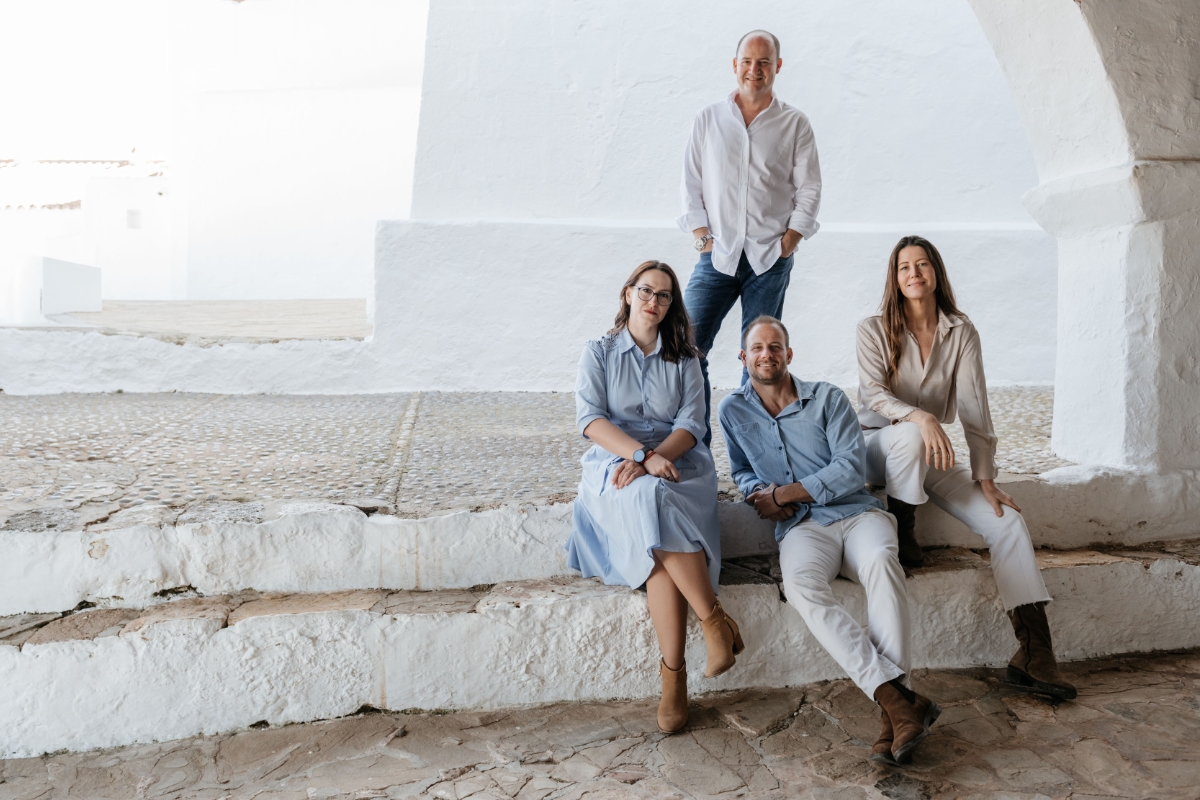Legal & Real Estate
Home, Garden & Decoration
Global Topics
Inside Ibiza
Health & Wellness
Ibiza Optimista
Published in Ibicasa Magazine on 15/06/2024


Related Articles

Villa Contact: An Ibiza tradition reach...
Villa Contact is one of the most highly respected real estate agencies in Ibiza, with dynamic young owners and impressive international connections. It is a family business... READ MORE
Villa Contact is one of the most highly respected real estate agencies in Ibiza, with dynamic young owners and impressive international connections. It is a family business that is run by three siblings, and how this came to be is a wonderful Ibiza story. The agency was founded in 1983 by their m... READ MORE

Is a seasonal rental contract OK for ho...
Ibiza generally prohibits tourist rentals, but some landlords attempt to bypass this by formalizing seasonal leases exceeding a month. However, distinctions exist between s... READ MORE
Ibiza generally prohibits tourist rentals, but some landlords attempt to bypass this by formalizing seasonal leases exceeding a month. However, distinctions exist between seasonal leases and tourist rentals under different legal provisions. While tourist rentals are regulated by the Tourism Law o... READ MORE

MODELO 210 - Tax for Non-Resident Homeo...
Non-resident property owners in Ibiza must pay Income Tax and file an annual declaration using model 210. The tax is calculated on the cadastral value, with the base for th... READ MORE
Non-resident property owners in Ibiza must pay Income Tax and file an annual declaration using model 210. The tax is calculated on the cadastral value, with the base for the EU being 1.1% of that value, while for non-EU citizens, it is 24%. The self-assessment must be filed before December 31, an... READ MORE
.jpg?locale=en)
What are the mortgage costs that the ba...
There has been much talk in the press recently about the latest rulings stating that the banks should have to pay back to their customers at least part of the additional co... READ MORE
There has been much talk in the press recently about the latest rulings stating that the banks should have to pay back to their customers at least part of the additional costs of setting up a mortgage. Until recently, there was a clause in the general conditions of mortgage loans that determined ... READ MORE
© Copyright 2024
Ibicasa Home and Services.
